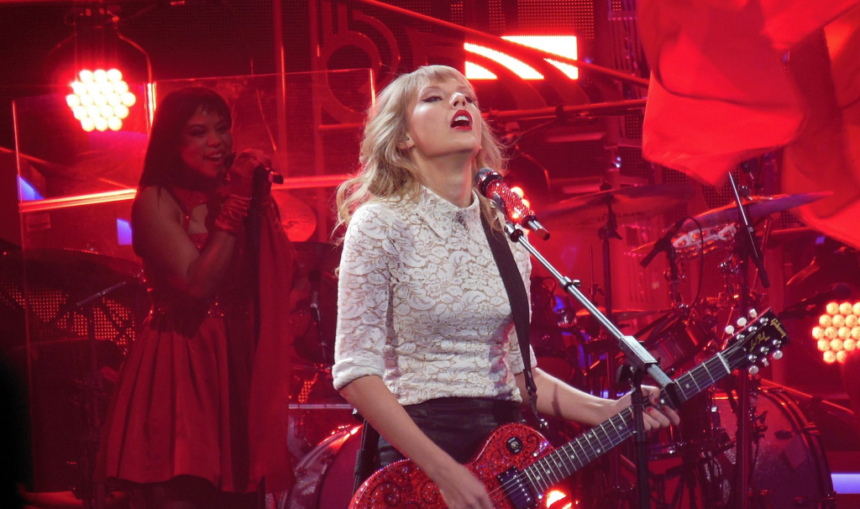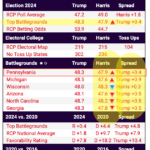bloomberg There are articles discussing the financial impact of superstars like Taylor Swift and Shohei Ohtani.
Go there, Taylor Swift. The economic power of baseball star Shohei Otani is creating both big winners and losers in Japan’s corporate world.
How should we think about “economic effects”? This is not an easy question to answer as there are many issues that need to be resolved. We consider five approaches here, but the list is not exhaustive.
1. Economic impact is the revenue spent on performers’ concerts and games, including in-person tickets, television rights, merchandise, etc. This can be considered a measure of total value.
2. If people weren’t spending money on Taylor Swift tickets, they would be spending money on other forms of entertainment, so the net economic impact is almost zero.
3. Popular superstars are a kind of Keynesian stimulus, encouraging people to spend more and lower their savings rates. This increases aggregate demand and creates multiplier effects.
4. The central bank offsets any increase. total demand Keep inflation close to 2% through monetary tightening.
5. If the concert is held in a foreign country, the economic impact on local residents is the difference between the ticket price and the maximum willingness to pay. If a Taylor Swift fan pays $100 for a ticket that he intended to buy for $150, the concert will generate a consumer surplus of $50 on that purchase.
The fifth approach is my preferred way of thinking about economic impact. The ultimate purpose of economic activity is not to create jobs, aggregate demand, income, or profits. The final purpose is value. Work, income, profits, etc. are means to an end.
If the Taylor Swift concert had been in the US, I would have done a different calculation. A large portion of the $100 ticket price will go to the concert’s American producers, particularly Ms. Swift herself, as well as her extensive support staff. You can then consider how the revenue earned by this group of employees compares to the next best option. It seems likely that Swift’s next best option to becoming a pop star will be earning significantly less than what she earns from concerts.

While I believe the Keynesian “stimulus” argument for pop stars is wrong, I think we actually underestimate the economic value of major pop icons. When my daughter was little, I read seven Harry Potter books to her. I think the books were about $25 each (I don’t remember). JK Rawlings received only a fraction of that amount. But the value of the experience was so great, in fact, that series of books loomed large in the imaginations of many young people. I can’t even imagine how much she would have to pay me to start her life over without the Harry Potter books.
Older readers may overlook how important role models stars such as Taylor Swift, Beyoncé, and Shohei Ohtani are to many young people at particularly important points in their lives. If I’m right, these cultural icons may be generating economic value that far exceeds their seemingly enormous income.
Yes, the economic effects are huge. But it’s not about the actual amount spent. It is about maximizing willingness to pay.
PS. The same argument applies to inventors of important products such as new weight loss drugs. The Danish company that developed the drug makes a lot of money, but probably only a fraction of the total value to society.







